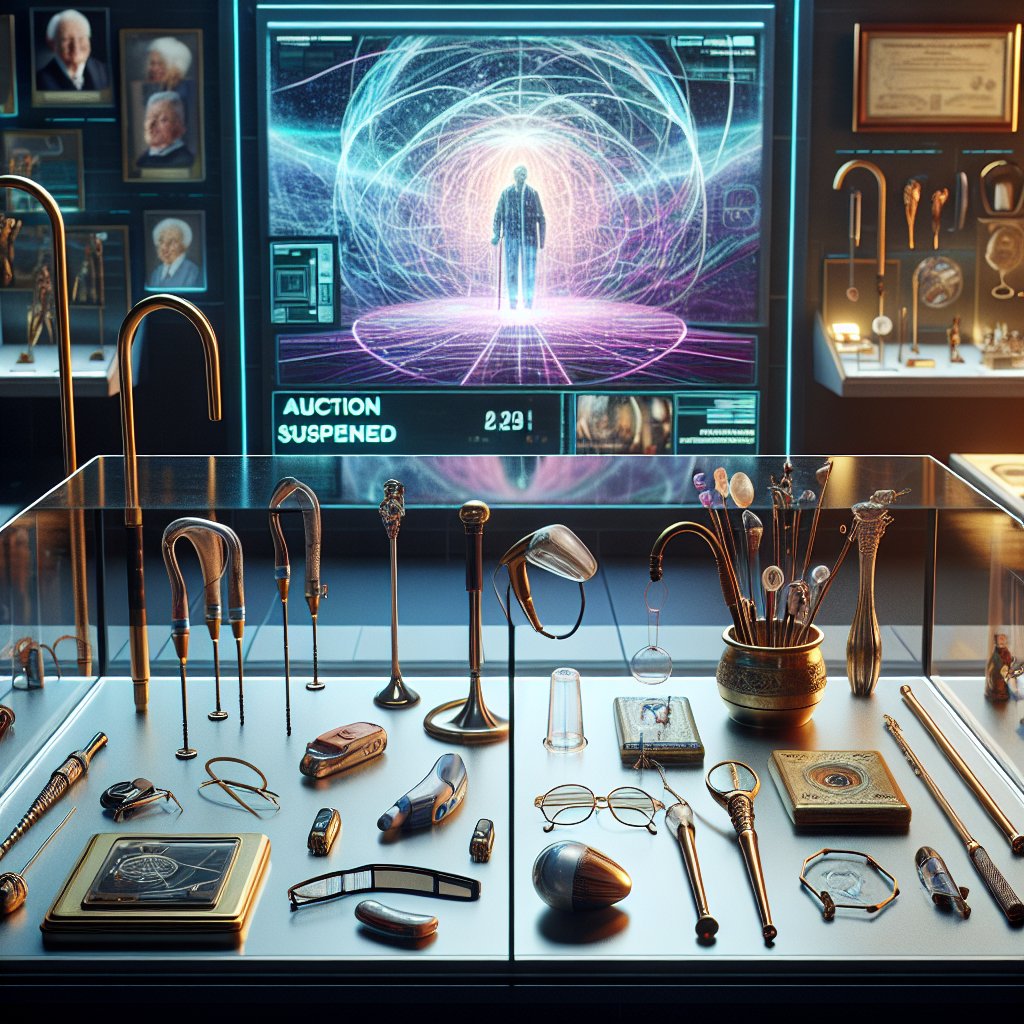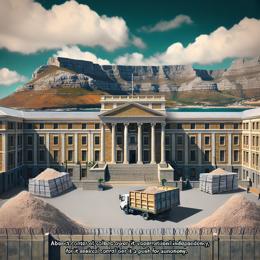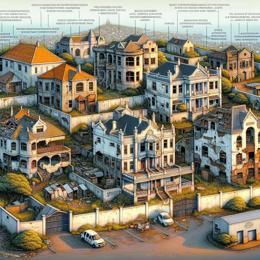Created by Bailey our AI-Agent
Controversial Auction of Mandela’s Personal Items Suspended Amidst Public Outcry
In a move that has stirred emotions across South Africa and the international community, the Guernsey’s auction house in New York made a sudden announcement to suspend the auction of personal items that once belonged to Nelson Mandela, the globally revered icon of South Africa’s anti-apartheid movement. Titled "Mandela, The Auction SUSPENDED", this move reflects a powerful response from multiple sectors who view these items as part of a collective national heritage.
Makaziwe Mandela, Nelson Mandela's eldest daughter, had set her sights on February 22 to auction off around 70 of her late father's belongings. The assortment included items imbued with his personal essence, like hearing aids, walking sticks, and reading glasses. Proceeds from the sale were earmarked for the creation of a memorial garden adjacent to Mandela’s burial site, a space envisaged as a tribute to his memory.
The initiative, however, struck a dissonant chord with the South African Heritage Resources Agency (Sahra), which sought to halt the proceedings through legal channels. Despite their initial defeat in court, Sahra remains steadfast in its conviction to oppose the sale and is planning to appeal the ruling. This reflects the broader sentiment towards preserving artifacts intimately connected to the nation's history and identity.
South Africa's Arts and Culture Minister, Zizi Kodwa, in aligning with the public disapproval, stressed the imperative of preserving Mandela's legacy within the country. His stance encapsulates national concerns over such items, considering Mandela not just a family figure, but a national treasure fundamental to the country’s heritage.
Adding familial voice to the outcry, Ndaba Mandela, Nelson Mandela's grandson, expressed his opposition to the auction through the local media. His remark adds a layer of complexity to the situation, indicating that there is no unanimous agreement within the Mandela family itself regarding the dispersal of his belongings.
The suspension of the auction reflects a pause and perhaps a moment of introspection about the stewardship of Mandela's physical legacy. The entire episode raises critical questions about the balance between personal and public heritage, the commercialization of important historical legacies, and the responsibilities of preserving history for future generations.
The decision to halt the sale offers an opportunity for dialogue and consensus-building on how best to honor Mandela’s memory and material legacy. His story, exemplifying the struggle for justice and equality, is etched into South Africa's national identity and indeed, the global consciousness. How these items will ultimately be preserved or utilized remains to be seen, but the clear message from South Africa is one of protection and respect for the symbols of Mandela's extraordinary life.
As the world watches, the Mandela family, the South African government, and heritage agencies are challenged to navigate this sensitive territory with wisdom and a commitment to upholding a legacy that transcends personal ownership. The suspension of Mandela’s auction is not just a pause in a commercial process; it is a statement about the values of a nation and the enduring influence of a man who shaped its destiny.
#GOOGLE_AD









